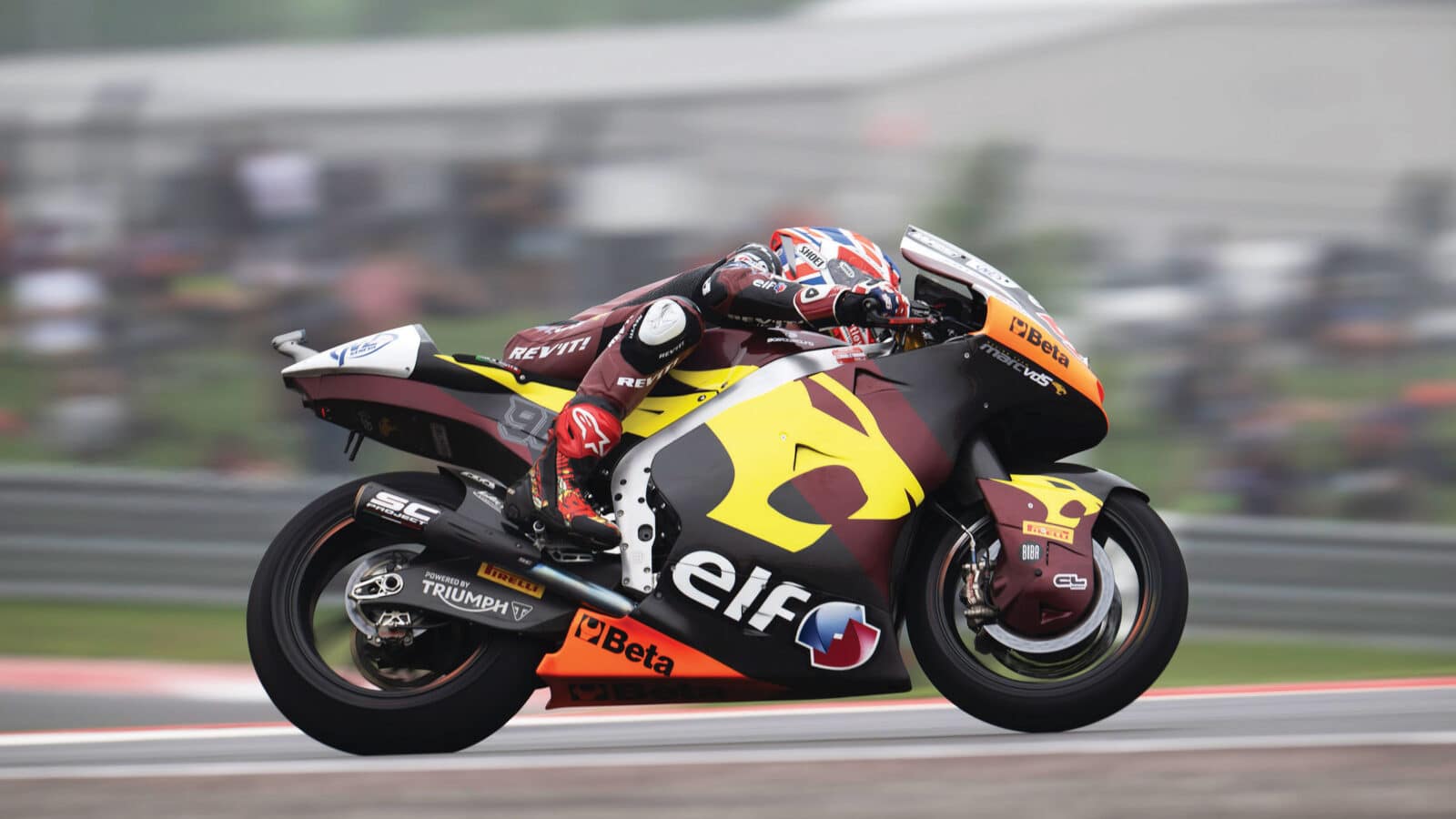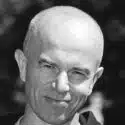Jake Dixon: MotoGP's next British hero?
Mat Oxley on Moto2 rider Jake Dixon, who could put this country back on the MotoGP map

Brit rider Jake Dixon has had a flying start to his Moto2 season but is he too old for MotoGP?
Getty Images
During the past half century or so, British motorcycle racers haven’t enjoyed the same success as British Formula 1 drivers. Far from it. Between 1949 and 1977, Geoff Duke, John Surtees, Mike Hailwood, Barry Sheene and others won 34 grand prix motorcycle world championships. In the five decades since then, Britons have won a single title across the MotoGP, Moto2 and Moto3 categories (Danny Kent, Moto3, 2015) .
This year that number may double, with a little luck. Jake Dixon is one of the few British youngsters to turn away from the relative comfort of superbike racing and take his chances in the MotoGP paddock.
His rookie grand prix campaign, the 2019 Moto2 championship, was grim. He went from winning races in British Superbike to struggling to score points.
“Coming from nearly winning the BSB title to finishing at the back, feeling like you’re an absolute loser isn’t easy; it’s mentally difficult,” he said at the time. “I’ve struggled a lot, especially with being depressed. Every championship I’d done before Moto2 I’d won races quite comfortably and it felt like it came quite easily. Then when I came here it was, like, oh my god, this is a bit different. It was the first time I’d properly struggled.”
“Dixon stuck at it. He learned how to race like a grand prix rider”
Dixon stuck at it. He honed his riding technique, learned how to race like a grand prix rider and strengthened his mentality. Finally, he climbed a Moto2 podium for the first time in 2022 and followed that with his first victories in 2023. Last year he was expected to challenge for the title, until a monster highside crash put him out of action for a month.
Once he recovered, he was soon at the front, winning more races and signing a 2025 deal to switch from the Spanish Aspar team to the Marc VDS outfit, owned by Marc van der Straten, of the Stella Artois family. Dixon’s 2025 could hardly have got off to a better start – victory in Rounds 2 and 3.
“Now I’m able to be consistently at the front, because all the things I’ve learned over the years are coming into force. I feel like I’m improving, week in, week out. You never stop learning, because the minute you think you’ve cracked it, you haven’t cracked it. You’ve got to always evolve.”
Dixon’s riding-technique breakthrough was learning how to use the rear brake. Some years ago few bike racers used the rear brake, because the braking process throws so much of the motorcycle’s weight to the front, which increases front grip and reduces rear grip.
Like Dixon says, things evolve. A rear tyre is fatter than the front, so why not find a way to use that rubber to shrink the stopping distance into corners? Chassis geometry and machine balance developed in this direction, so now the rear brake is an essential tool in racing. In fact, top riders use it more than the front: to brake, to turn and to control wheelies and wheelspin on corner exits.
“When I first came to Moto2, I didn’t use the rear brake because I never got taught to use it. Now I probably use it more than anyone in Moto2. I use it all the way to the apex and I use it on the exit as well, to control wheelspin. I try to modulate the spin with the rear brake, plus it loads the rear end a bit and gives me a better exit.”
If Dixon does win this year’s Moto2 title there’s always a chance he might get promoted to MotoGP, but his age is against him. British riders usually start later than their Italian and Spanish counterparts, so most of the 29-year-old’s current rivals are at least five years younger.
“Last year I was speaking to my Moto3 team-mate David Alonso about this and he asked me when I started road racing. When I told him I started at 14, he said, ‘What?!’ He was already in Red Bull Rookies [MotoGP’s teenage talent cup support class] when he was 14! I told him, ‘Bro, I had no money, I had nothing, so I came late to the game.’”
Alonso went on to win the Moto3 title at 18. But age isn’t the only problem hampering British hopes in MotoGP. Lack of money and the comparatively low standard of British race tracks are other issues.
“How hard it is!” Dixon cries. “Backing, sponsors… which we don’t seem to get in the UK. It’s so difficult! What would I do? First of all, you’ve got to ride different to how we ride in the UK. I don’t want to take BSB out of it, because I love BSB and have great respect for the championship, but you need to not ride those tracks, because you cannot ride the same as you ride here in MotoGP. You cannot ride on the limit, every single lap at Cadwell Park.”
In other words, grand prix riders ride to crash, because most circuits on the continent are built with enough run-off to make serious injury unlikely, so they learn to ride at 99.99% and have faith that if they do overstep the limit they’ll walk (or maybe limp) away. That’s unlikely to happen if you fall at Cadwell, Brands Hatch, Oulton and other BSB venues.
Dixon is beyond those worries now. All he’s concerned about is amassing points. And he’d very much like to repeat his British Grand Prix victory when the MotoGP comes to Silverstone on the weekend of May 24-25.

